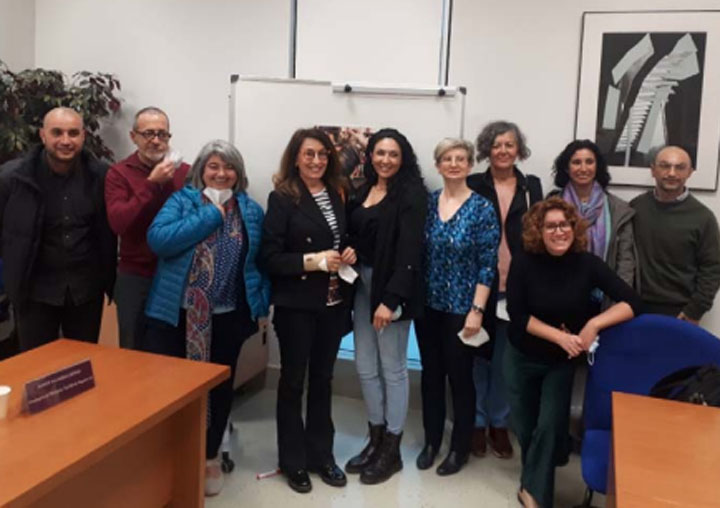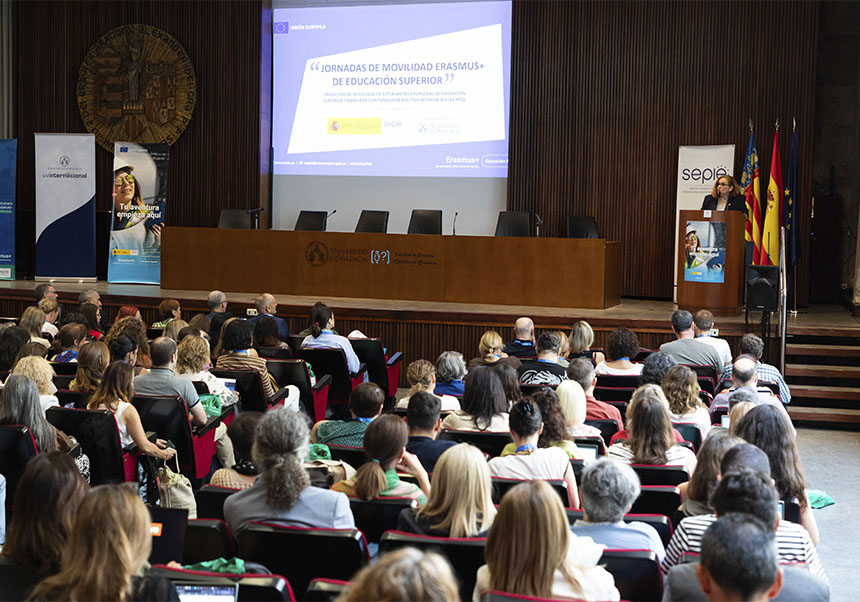The University commemorates the International Day of the Roma People

The University of Valencia commemorates April 8, International Roma Day, which recalls the First World Roma Congress in London in 1971, which culminated with the institution of the flag and anthem representative of the Roma people. This day was established to make known the reality and history of this people and to vindicate the gypsy culture.
The Diversity initiative of the University of Valencia, promoted by the Vice-Rectorate for Equality, Diversity and Inclusive Policies, works for equality in diversity in a broad sense and for the integration of all people who are part of the university community, including Roma students. According to data from the Gypsy Secretariat Foundation (FSG), only 2% of the gypsy population reaches the University and most of them are women (more than 80%).
In the Diagnosis on LGTBI and ethno-cultural diversity among university students, prepared by the MIDICO research team in 2019, it is clear that some Roma students are "invisible" and do not consider it necessary, convenient or relevant to present themselves as such in their environment. Although the university environment is valued as an inclusive environment, they report situations of surprise due to the fact of being Roma -comments such as "You don't look Roma"- or in a more minority way, openly xenophobic comments where the generalization of negative or illegal practices of Roma people to the whole group is assumed.
According to the people interviewed, the situation and culture of the Romani people "is invisible, it does not exist" in the various dimensions of university life. Gypsies are also absent in curricular content and when they are visible, they are used as a way of illustrating social problems, such as early school dropout or criminal behavior, such as drug trafficking.
For this reason, the vice-rectorate is aware that there are still many things to do in order not to leave anyone behind. The University, through diversitats, programs training and awareness-raising activities, such as the Conversatory held in 2020; the conference 'Diversity, Performing Arts and Management', co-organized with students from the Faculty of Economics, where the project A QUELAR! CABANYAL project; or the screening of the documentary Referents. L'efecte multiplicador, an audiovisual project promoted by the Chair of Roma Culture at the University of Alicante.
















